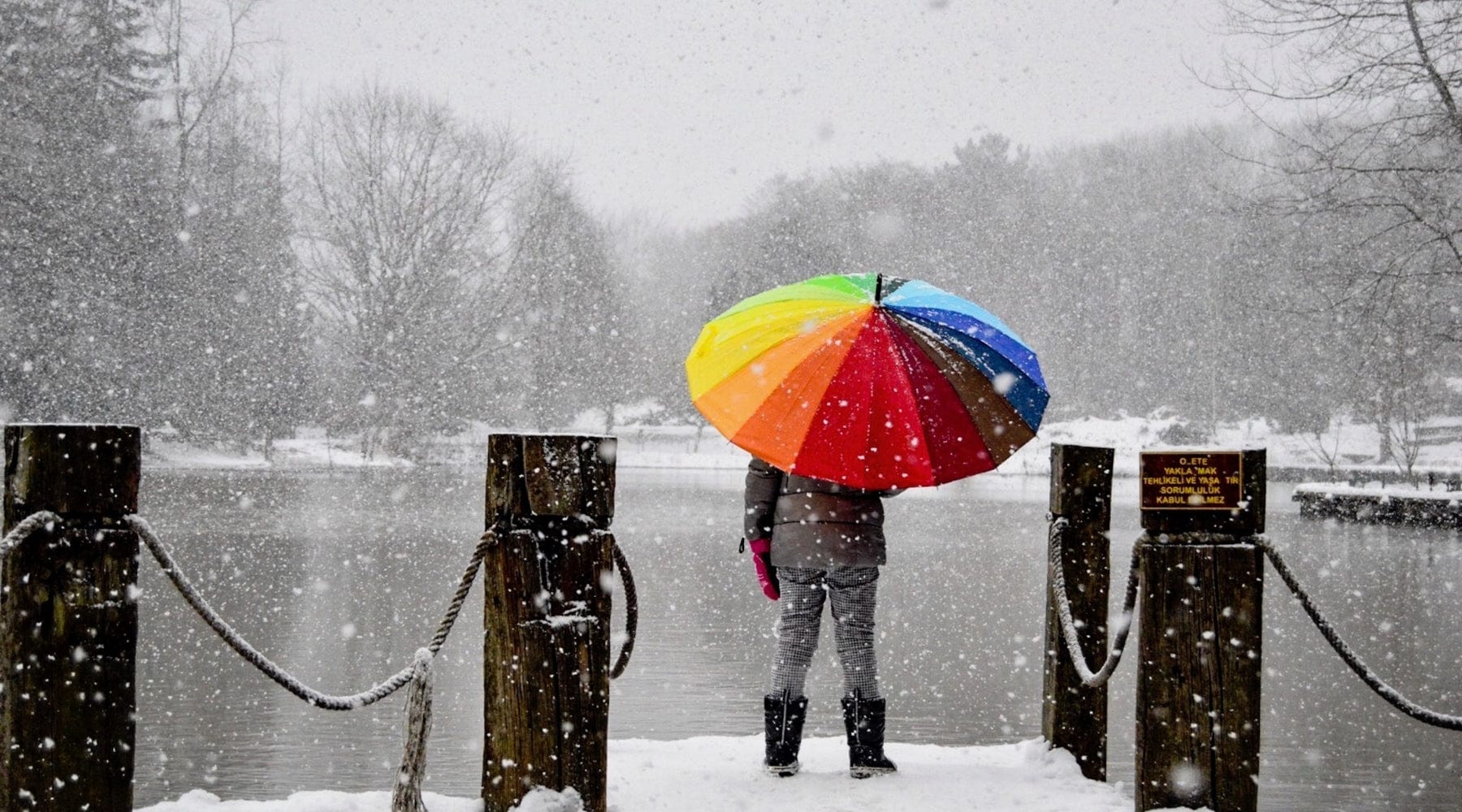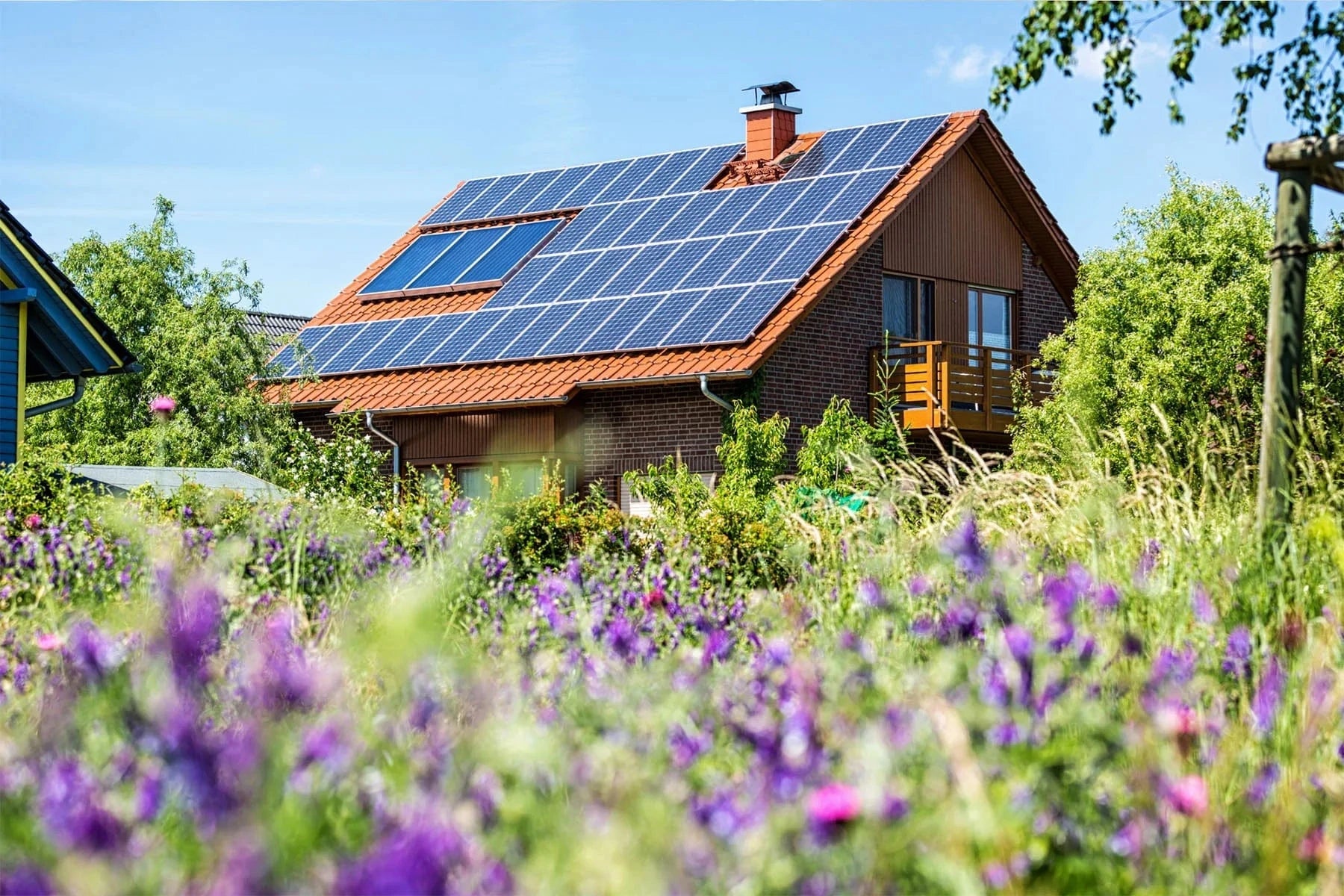
Get news, updates, & event Info delivered right to your inbox:
How Climate Change and Inflation are Connected
From rising fuel costs to sticker shock at the grocery store checkout, inflation is a major force in today's economy — and we're all feeling its effects. In fact, US treasury secretary Janet Yellen recently acknowledged that inflation has reached an “unacceptable” high. And while legislation like President Biden's Inflation Reduction Bill seeks to address US inflation, it undeniably is driven by a range of geopolitical realities that aren't going away any time soon. One such force? Climate Change.
From fires and floods to droughts and extinctions, the effects of climate change are ramping up around the world. These weather events can have devastating effects on everything from local livelihoods to global economies and supply chains. And unfortunately, the data backs this up. According to a 2021 report from reinsurance firm Swiss Re, climate disasters could cost the US economy 10% of its gross domestic product (GDP) by 2050. Globally, that figure reaches a whopping 18%.

How Does Climate Change Affect Inflation?
A very general inflation definition is: an overall rise in prices and a fall in the purchasing value of money. So where does climate change come into play when we're talking about increasing prices? Economists still don't fully understand all the ways that climate change can affect inflation. Because its impacts are broad and global, they can be easy to miss in this context. But what we do know is that climate changeisa persistent contributing factor to inflation, nearly everywhere you look.
Economists interviewed for a recent New York Times article agree that today, the effects of climate change on inflation are generally regional. But as our planet continues to warm up, the global economy is increasingly threatened. And we're already getting a taste of that.
Floods can destroy crops and drive up food prices. Hurricanes can damage power plants and cause energy shortages. Wildfires can wreck homes and drive up construction costs. Supply chains can come grinding to a halt when roads are washed out during heavy rains or crops are lost due to shifting weather patterns. And extreme heat can create dangerous conditions that ultimately make workers less productive.
And that's just the tip of the climate change and inflation iceberg. But what can we do about it and how can you help?

In An Age of Climate Change, What Does an Inflation-Proof Economy Look Like?
Climate economists (yes, that's a thing!) spend a lot of time thinking about this. And while there's no easy answer, one major area where we could improve is in our dependence on fossil fuels. Because they power everything from our manufacturing equipment to our homes, any fluctuations in fossil energy costs can have a widespread, inflationary effect on our basic commodities. In fact, one study shows that fossil fuels are the single biggest driver of inflation, accounting for almost a third of overall increases.
For that reason, climate economists suggest that moving away from fossil fuels would help to significantly bolster our economies against inflation. Although renewable energy technologies require a steep up-front investment, once installed, they very quickly can earn their keep.
Shifting away from fossil fuels is an important step, but it's just one of many actions that we need to take to improve our economic climate change resilience on a personal and community level. Other steps include purchasing locally-produced goods, investing in your local farms, taking steps to reduce your fossil fuel consumption in your day to day life — and of course, planting trees! Because when it comes to absorbing carbon and building resiliency, trees and forests are a #1 climate change solution.
Get news, updates, & event Info delivered right to your inbox:
Related Posts
Sustainable Diet Tips: How to Eat Healthy While Protecting the Planet
13/01/2026 by Meaghan Weeden
Agroforestry Explained: Principles, Benefits, and Case Studies
08/01/2026 by Meaghan Weeden
Plant Your Resolution: Making a Global Impact With The Grove
01/01/2026 by One Tree Planted
Popular On One Tree Planted
How to Reduce Waste: 21 Practical Zero Waste Tips for Everyday Living
23/12/2025 by Meaghan Weeden
Inspirational Quotes About Trees
16/12/2025 by Meaghan Weeden
The 9 Oldest, Tallest, and Biggest Trees in the World
11/12/2025 by One Tree Planted
Fundraising Disclosures

Be Part of the Restoration Movement
The Grove is more than just a monthly giving program: it's a vibrant community of individuals who are dedicated to reforestation and environmental restoration on a global scale.





